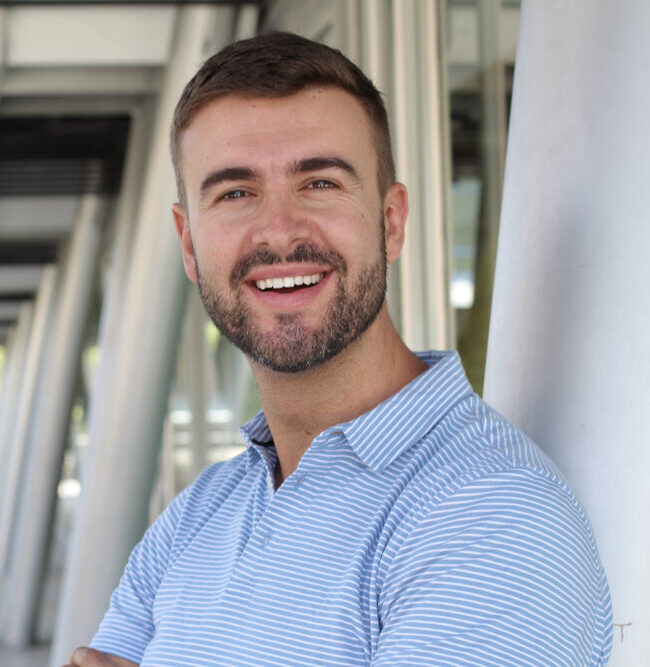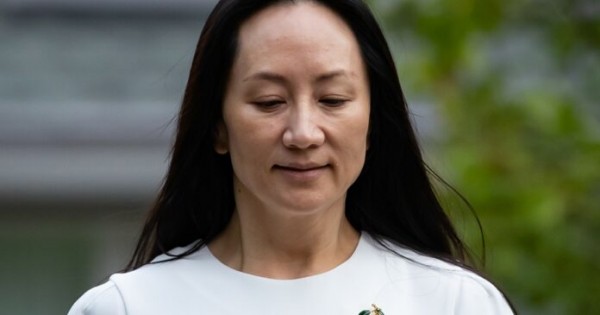The Canadian government, with the green light from the United States, announced this Friday, September 24, the release of the financial director of Huawei, the Chinese telecommunications giant. Two hours later, the Chinese government freed Michael Kovrig and Michael Spavor, the two Canadian hostages held as bargaining chips for over a year. The deal, which allowed Meng Wanzhou to return to China, ends a three-year legal saga that has gravely complicated relations between Americans, Canadians and Chinese.
Detained in 2018 at Vancouver airport at the request of the United States, Meng Wanzhou left Canada on Friday as part of a settlement with Canadian judicial authorities and his American accusers. A few hours later, the Canadian authorities announced the release of Michael Spavor and Michael Kovrig, accused by Beijing of espionage the same year. The two Canadian citizens were allowed to board a plane bound for Canada to reunite with their families.
Beijing has always fiercely denied any link between his arrest and that of Meng Wanzhou. But these denials did not deceive anyone: the two Canadians had in fact become hostages, bargaining chips to wrest the release of Meng Wanzhou from the Canadian and American governments. Michael Spavor and Michael Kovrig may have proclaimed their innocence, it didn’t help, and the relentless logic of Chinese justice under the orders of power kept them in their cells.
Lie recognized
In his attorney’s office in Vancouver, Meng Wanzhou waited more than an hour on Friday for U.S. judge Ann Donnelly to finally begin a hearing in federal court in Brooklyn, New York, which would pave the way for her release. In front of her screen, she drank, sometimes she smiled, she tried to redo her hairstyle, she breathed strongly, regularly, stressed by this first official meeting at a distance with the American justice system. Then things accelerated: Meng Wanzhou stopped reading his accusation; He initially pleaded not guilty to bank fraud, wire transfers and conspiracy to commit these crimes.
However, the prosecutor presented the terms of the deal sealed with her. The text provides for the suspension of the proceedings against her until December 1, 2022 and to leave her thus definitively if she agrees to respect the terms of a good conduct agreement. Main demand: Not to challenge the four-page account of events that Huawei, of which Meng Wanzhou was CFO, controlled a telecommunications subsidiary in Iran called Skycom and succeeded in obtaining banned material, despite US sanctions. As always, it is the use of the dollar (in transactions carried out by HSBC, in ignorance of the facts) that authorizes American jurisdictions to act supranationally against third parties.
In a statement, the triumphant US prosecutor explains that Meng Wanzhou had confessed to his mistakes, admitting to knowingly lying to HSBC bank about the reality of Huawei’s control over Skycom during a PowerPoint presentation in Hong Kong in 2013. “His confession confirmed. that Meng, like Huawei’s chief financial officer, made multiple false statements “to” preserve the group’s banking relationship “with HSBC, which the bank would not have maintained had it known the reality of the ties to Iran” Brooklyn Assistant District Attorney Nicole Boeckmann said, clear for Meng Wanzhou.
Meng had been placed under house arrest in her luxurious Vancouver villa, free to roam the city but fitted with an electronic ankle bracelet. Consequently, this house arrest lasted for three years. “For over three years my life was turned upside down,” he said with a beaming smile outside his villa before heading to Vancouver Airport. Never forget all the messages of support I have received from people all over the world. Hours later, as his plane flew over the Arctic, he posted a message on WeChat: “Under the leadership of the Chinese Communist Party, our homeland is resolutely marching towards prosperity. Without the support of the homeland where she was born, she would not be free today. “The Huawei company issued a statement welcoming Meng’s reunion with her family.
“Extremely difficult destination”
Speaking to the press, Canadian Prime Minister Justin Trudeau explained that the “two Michael’s” had known “an extremely difficult fate”.
“Over the past thousand days, they have shown courage, persistence and resilience. They are an inspiration to all of us. The two men arrived in Canada on the morning of Saturday, September 25. They were accompanied by Dominic Barton, Ambassador of Canada to China.
Michael Kovrig is a former diplomat employed by the International Crisis Group, a Brussels-based think tank. Michael Spavor, for his part, is a founding member of an organization specializing in providing advice to facilitate trade and cultural exchanges with North Korea. Last August, a Chinese court sentenced Michael Spavor to eleven years in prison for “espionage”. The judgment against Michael Kovrig had not yet been rendered.
In a statement, US Secretary of State Anthony Blinken said his country was “satisfied” with the Chinese decision, adding however that the two men had suffered “for more than two and a half years of arbitrary detention”.
This is not the start of a new era between Beijing and Washington
Meng Wanzhou is the eldest daughter of Ren Zhengfei, founder of Huawei in 1987. A member of the Party, she is also a former senior officer of the People’s Liberation Army (PLA), which left in 1983. These are precisely her ties to the APL which leads the US administration to adopt sanctions against Huawei, one of the largest manufacturers of telecommunications equipment in the world. Washington has accused Huawei of spying through “back doors” on its computers, which allow access to confidential data of its users. Accusation that the group has always vehemently denied.
In 2019, the U.S. government blacklisted Huawei, banning the export of the Chinese company’s materials to U.S. soil. The UK, Sweden, Australia, Japan, Israel, France, India and many other countries have followed suit.
Huawei was until recently the world’s largest provider of telecommunications networks and the largest manufacturer of smartphones in China. The company is based in Shenzhen, twenty kilometers north of Hong Kong. As difficulties mounted, Huawei was recently forced to sell Honor, its entry-level cellphone brand, and shift its business to new areas such as the cloud or smart cars.
Recall that the marketing of smartphones represents the majority of Huawei’s turnover, which amounted to $ 36.5 billion in the first half of 2020, well ahead of telecommunications equipment, including those used by 5G networks. As a result of US sanctions, “Huawei will in all likelihood lose a large part of its smartphone sales,” said Greg Austin, a researcher at the Singapore Institute for Strategic Studies, on August 19, 2019, quoted by South China Morning. Job. .
Will the outcome of this conflict help somewhat to improve the tension in relations between China and the United States? It comes at a time when these relations have become even more strained with the tripartite Aukus agreement between the Americans, the Australians and the British. Completed a few weeks ago, its objective is to counter Chinese militarism with the acquisition of nuclear submarines by Canberra.
In any case, it is clear that this case, which has just been settled, was the subject of negotiations between Beijing and Washington. But the concomitant release of Meng Wanzhou and the two Canadians seems more the result of a diplomatic compromise between Washington and Beijing than the beginning of a new era in their relations, which have never been so strained since the decision of the American government. to recognize them. People’s Republic of China in 1979.
THE AUTHOR. Pierre-Antoine Donnet. French journalist, he is a writer for the AFP agency and specialist in Asian issues. His latest book is China, the great predator: A challenge for the plant. Source: Alt-Quebec. Translation: Enrique Garca for SinPermiso.info.

“Coffeeaholic. Lifelong alcohol fanatic. Typical travel expert. Prone to fits of apathy. Internet trailblazer.”
